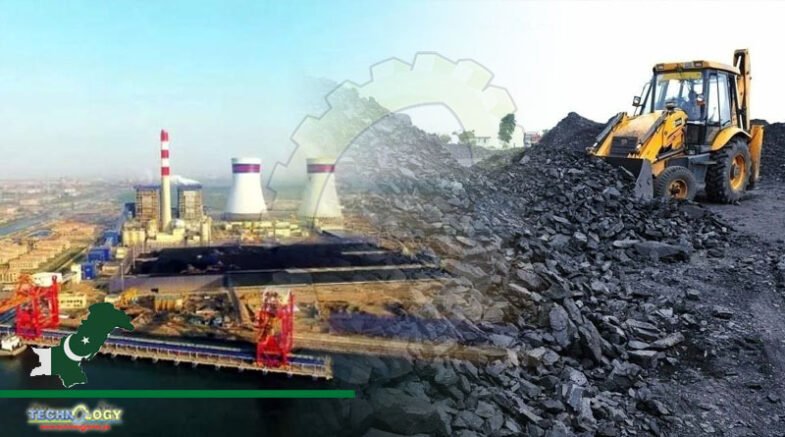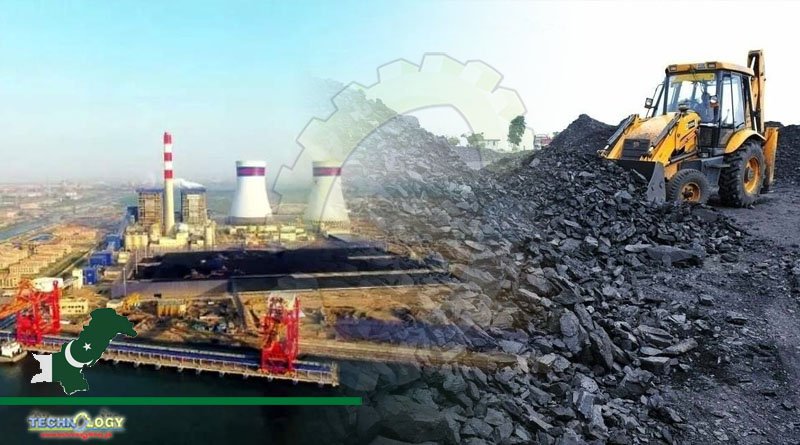The project to enable utilization of indigenous Thar coal to bring import bill in line with the pillar of Pakistan Vision 2025.

The government has decided linkage of Thar coal and Port Qasim (PQ) with the Pakistan Railways network via a Rs 58.240 billion project in order to provide bulk transportation facilities as needed by the economy.
According to sources, the project’s PC-I has been prepared and will be approved soon. They also stated that the total project cost of Rs 58.240 billion would be financed on an equal cost-sharing basis through the Public Sector Development Programme and the Annual Development Plan.
The linkage project includes the construction of a 105-kilometer-long track, including a 24.58-kilometer loop-line new single-line railway track infrastructure from Thar Coal Mines to the new Chhor Station, and (ii) the construction of an 18-kilometer-long new double-line track (9 kilometres on each side), including a 4.20-kilometer-long loop-line from Thar Coal Mines to the new Chhor Station.
The project’s scope of work includes the construction of seven railway stations along the railway route with 14 platforms, with two major stations established at Thar coal mines and the new Chhor station, respectively. In addition, five intermediate stations would be built between the two major stations.
To power the equipment at the stations, electricity infrastructure such as grid power (at major stations), on-site generation set, and solar power (at intermediate stations) will be provided. To protect the track from flash flooding during seasonal and extreme rainfall, intermittent culverts will be installed to allow floodwater to flow across the track.
The main goal of this project is to connect Thar Coal Mines and Port Qasim to the Pakistan Railways (PR) network via New Rail Links, and it is aligned with sectoral objectives by providing bulk transportation facilities to meet the growing economy’s needs. The proposed project is classified as infrastructure development.
The project is intended to provide dependable and efficient railway infrastructure in order to break down geographical barriers to Thar coal transportation and enable its transportation across the country, as well as to provide an environmentally friendly mode of coal transportation. In addition to reducing traffic congestion on roads, rail transportation reduces environmental pollution.
The project to enable utilization of indigenous Thar coal to bring import bill in line with the pillar of Pakistan Vision 2025 and enable expansion of Thar coal to rationalize fuel cost thus bringing reduction in the cost of production of electricity besides ensuring uplift of local populace of Tharparkar through generation of royalty and job creation.
The coal demand in Pakistan is mainly driven by two major sectors, i.e., the power sector and the cement industry. The demand for coal will further increase due to upcoming capacity additions in both the power and cement sectors.
With the successful commercial operation of indigenous coal power plants in Thar coal fields, it is critical that rising coal demand be met by Thar coal, displacing imported coal. Such initiatives have already been observed in the case of an upcoming coal-based power capacity addition based on Thar coal.
